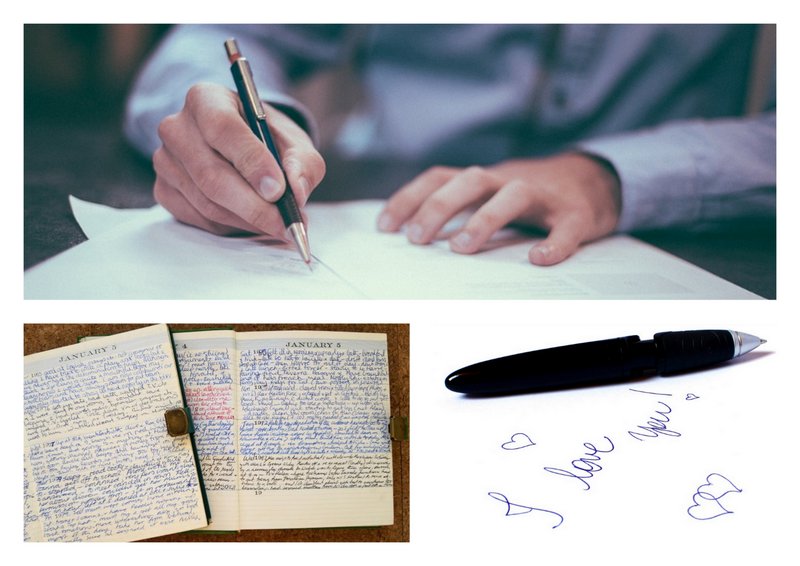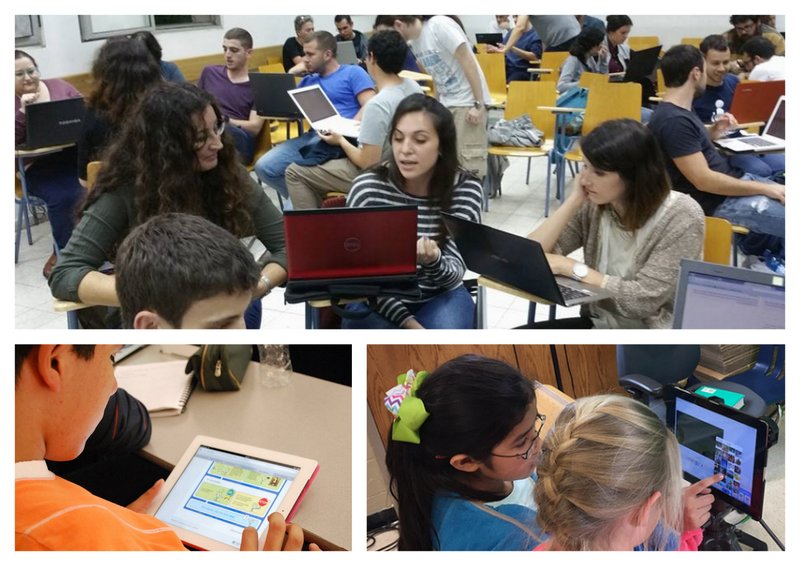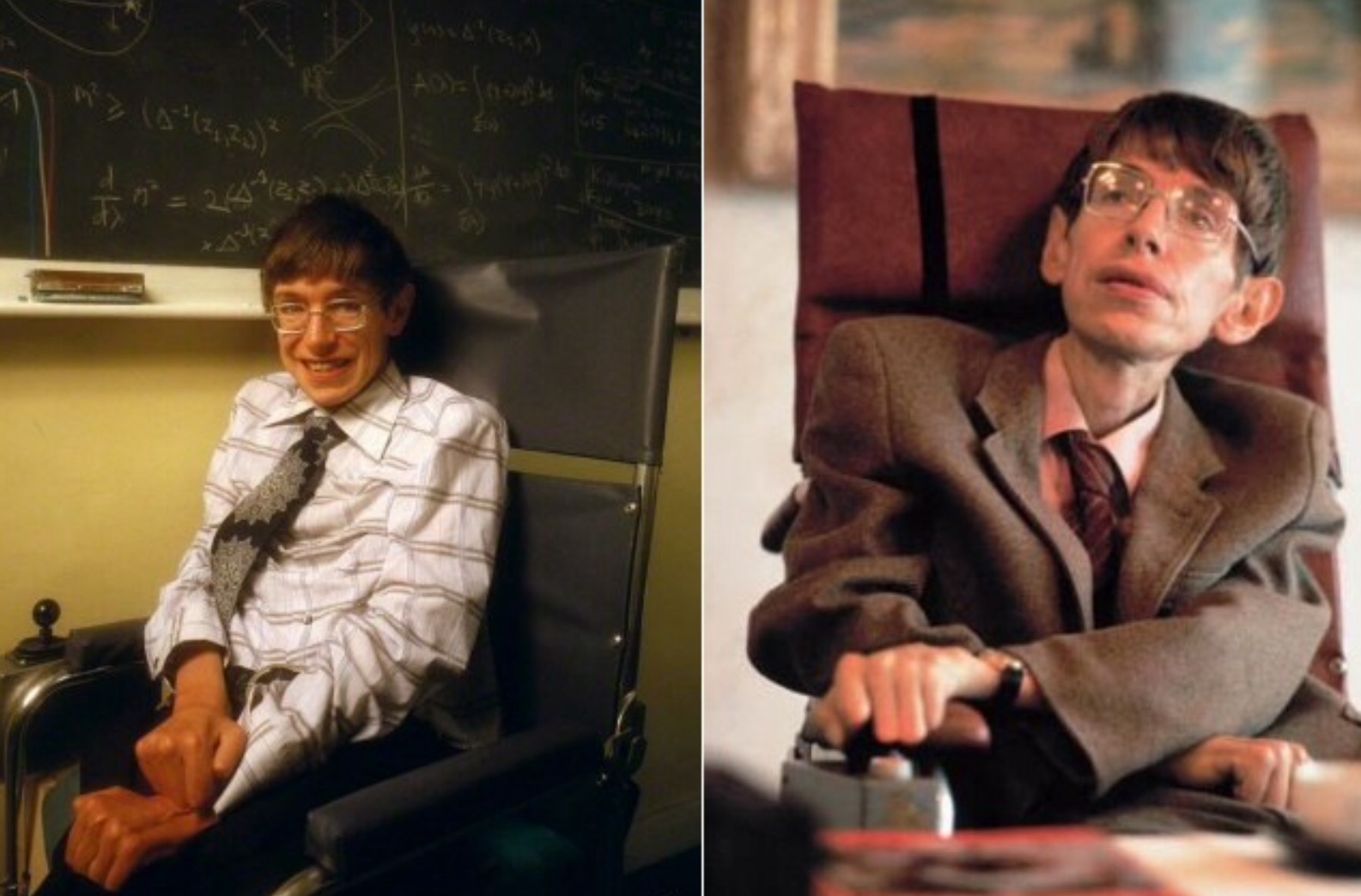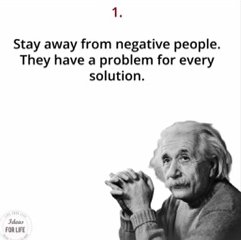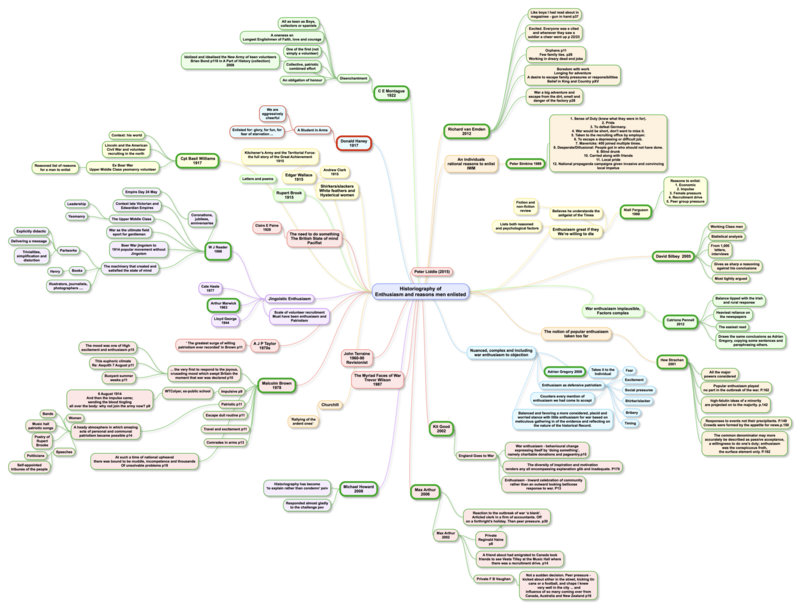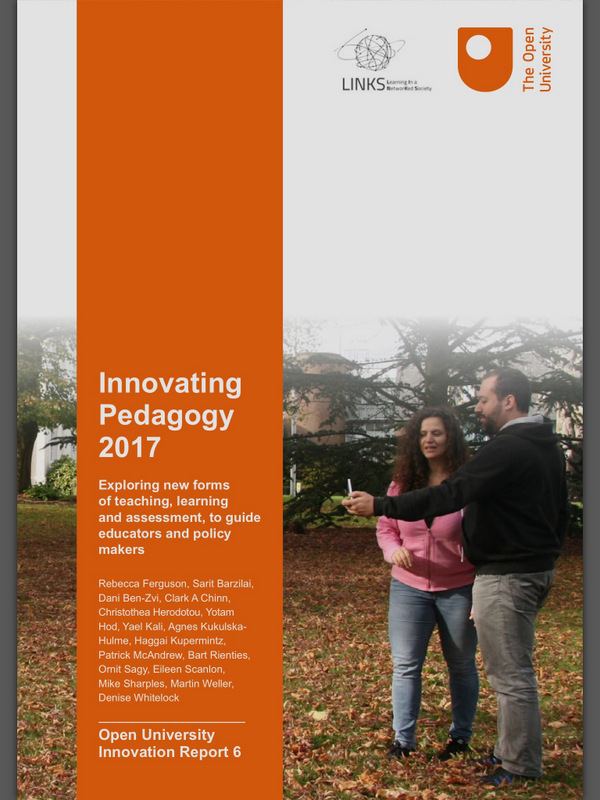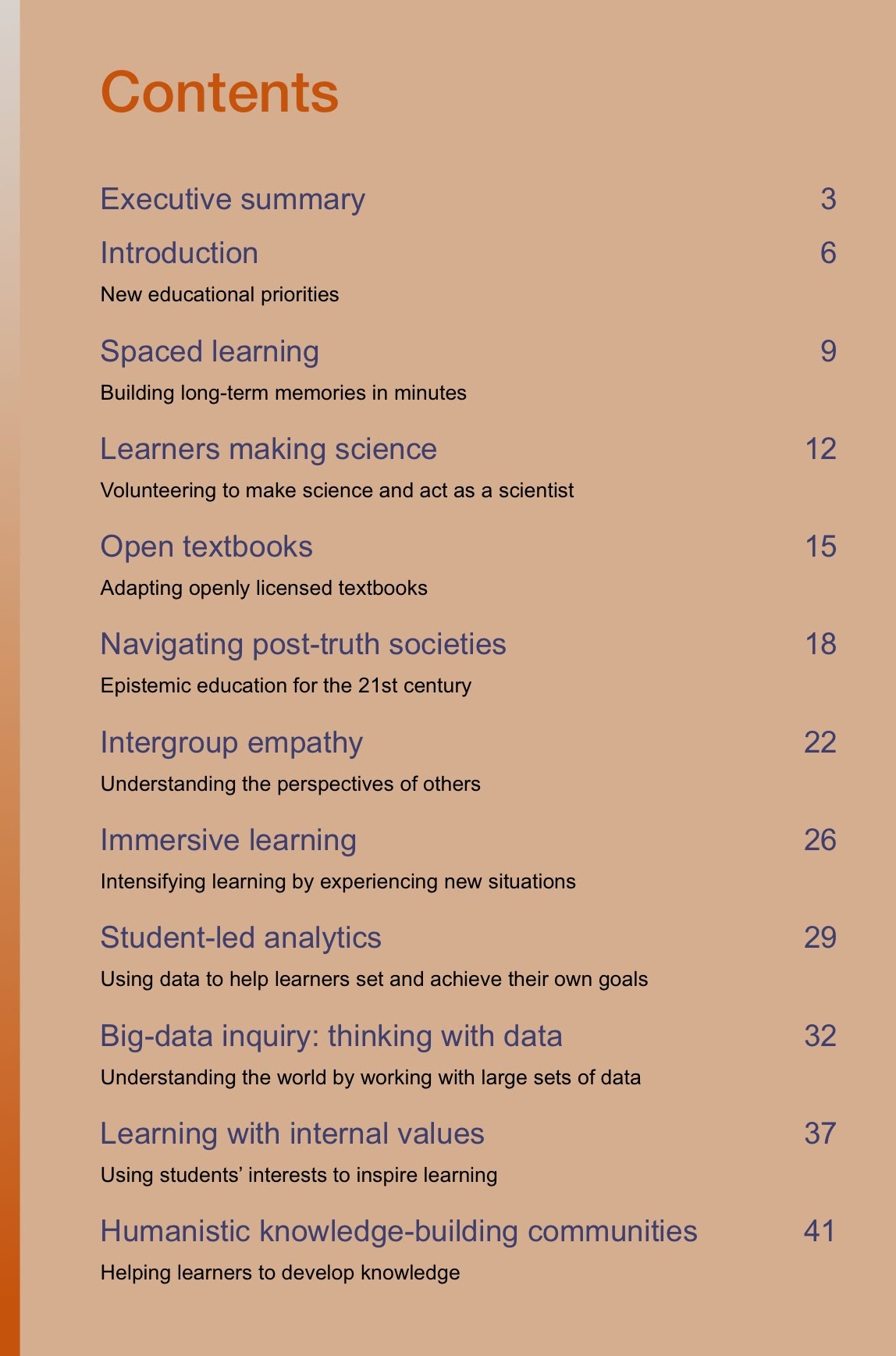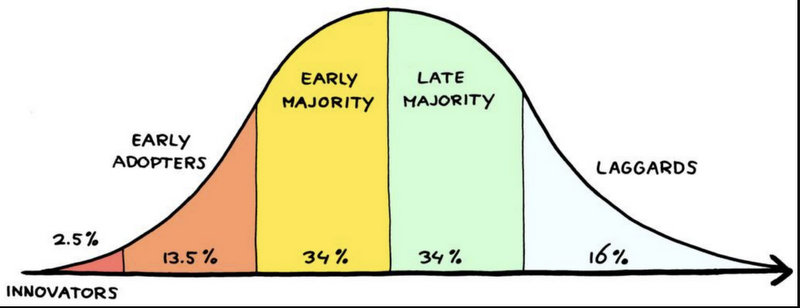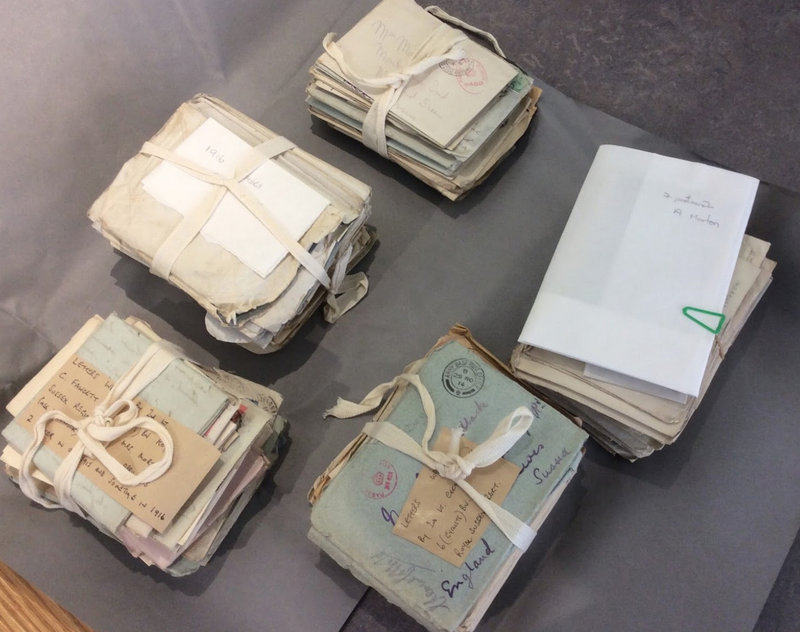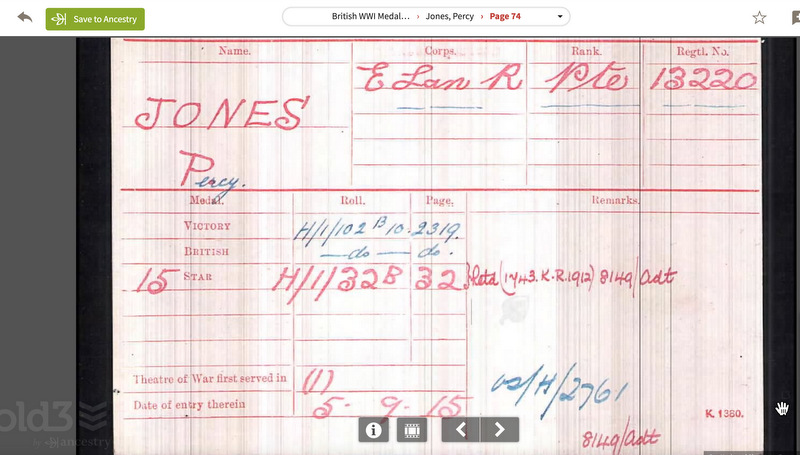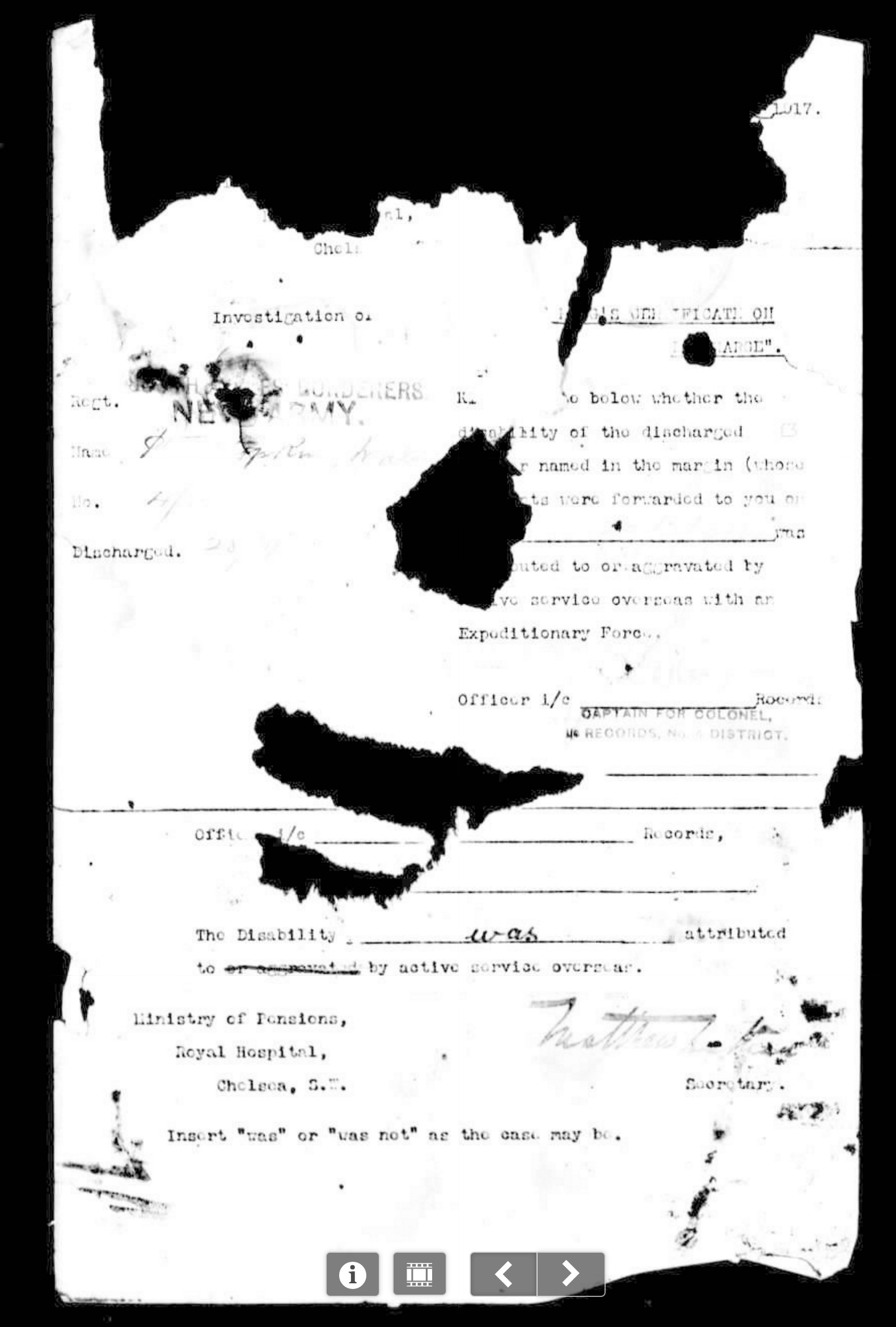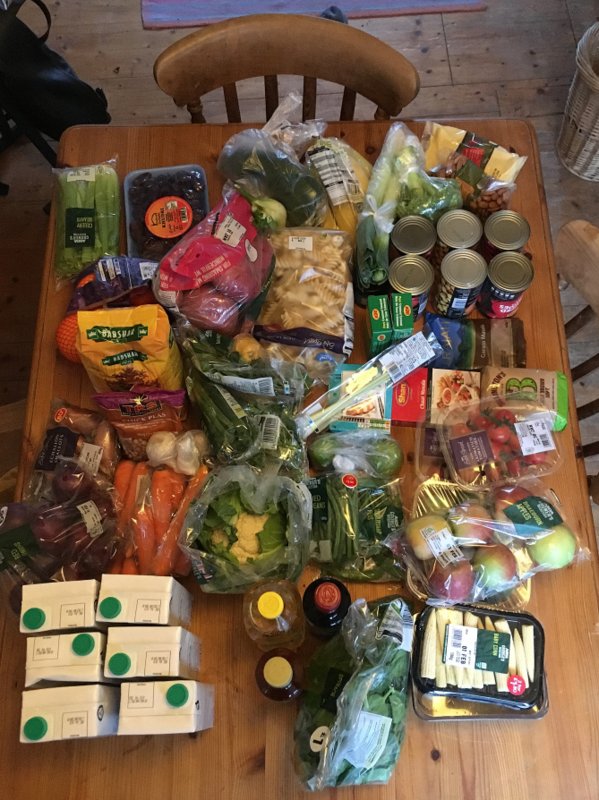
This all began in May 2016 so I've been tinkering around with Veganism for a while. My daughter would argue that I am 'Plant Based' ... and lack the willpower or evangelism to be truly Vegan. I wear a leather belt and have sheepskin slippers on as I write.
Once in a blue moon, or to be more exact, once in a full moon I may succumb to something with egg, or even ham in it. This is invariably when I am away from home. In the A&E of the regional hospital for the best part of 5 hours I went on a quest for a Vegan sandwich and had to make do with the 'Vegetarian' Salmon and soft cheese sandwich.
Why go vegan? Take you pick:
1) It tastes fantastic: fresh pesto and pasta, Siam soup, dips and chutneys, risottos and a wide range of burgers and falafels and of course salads and fruit raw.
2) It's cheaper. This lot cost under £60. Meat, fish, milk and cheese would push this up considerably.
3) It's healthier. We've checked and between the variety of nuts and range of foods we lack no vitamins. Our gut isn't suited to take quantities milk we have become used to. It helps to cut out sugar too. Vegan's can be unhealthy and overweight by living on fizzy drinks and crisps.
4) It's ethical. If you think this way. I didn't for 18 months. 'Nothing with a face on it' has been raised and killed.
5) It'll feed the planet. It will feed more people and reduce degredation of the natural environment.
6) I'll save the environment. Farm raised meat, poultry and fish, especially if it is on an industrial scale, damages the environment.
7) It's less messy in the kitchen. No fat and grease on pans, kitchen surfaces or blocking the drain and sink.
8) Less waste. Waste can be composted.
9) Less packaging. Fruit and veg can be bought lose and put in paper bags.
10) Grow your own. For taste and convenience. You can grow a good deal of it yourself.
11) Saves energy. Less cooking.
12) Greater karma. Relax. Love life.
13) Be part of the movement. The 'early adopters' got there first so taking this on now you become part of the peak uptake.
Some essentials for the Vegan Kitchen:
A cookbook that has recipes with cultural relevance i.e. typically every day foods from India, Asia, Africa and some Mediterranean.
Food blender
Spice Grinder. Great for nuts, pesto and chuntney blending too.
Ginger
Red Onions
Garlic
Garam Masala
Tumeric
Chick Peas (buy dry and soak overnight)
Nuts: Pine nuts, cashew, pistachio, walnuts ...
Seeds: Sesame, mixed.
Soya Milk
And so much more ...
